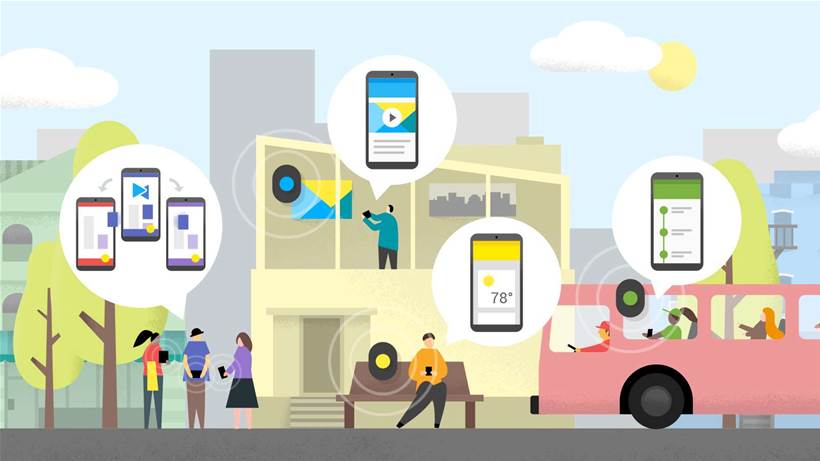Google has announced that version 49 of its Chrome OS for Android devices will allow users to interact with smart devices running the company’s ‘Physical Web’ platform.
Physical Web is an open-source platform that allows smart devices (such as parking meters) to communicate with nearby smartphones, allowing users to engage with those devices without the need for downloading an app beforehand.
The smart devices use Eddystone Bluetooth low-energy beacons to broadcast a URL to surrounding smartphones, which will receive a push notification advising them of the proximity of the smart devices.
Upon first contact with a Physical Web-enabled device, users will receive a notification, requesting for Physical Web functionality to be enabled.
On future encounters with beacons, users will be presented with a list of nearby URLs to interact with.
This functionality was introduced in Chrome for iOS last July, but soon Android smartphone users will be able to enjoy the benefits of this type of connectivity.
Members of Chrome for Android’s Beta channel will be the first to trial the functionality, with rollout to the general public scheduled to occur afterwards.
This technology has already proven useful, having been deployed at the recent Consumer Electronics Show in Las Vegas to assist visitors with navigation, and by Oracle Arena in San Francisco, USA to provide welcome content and sports video highlights to patrons.







